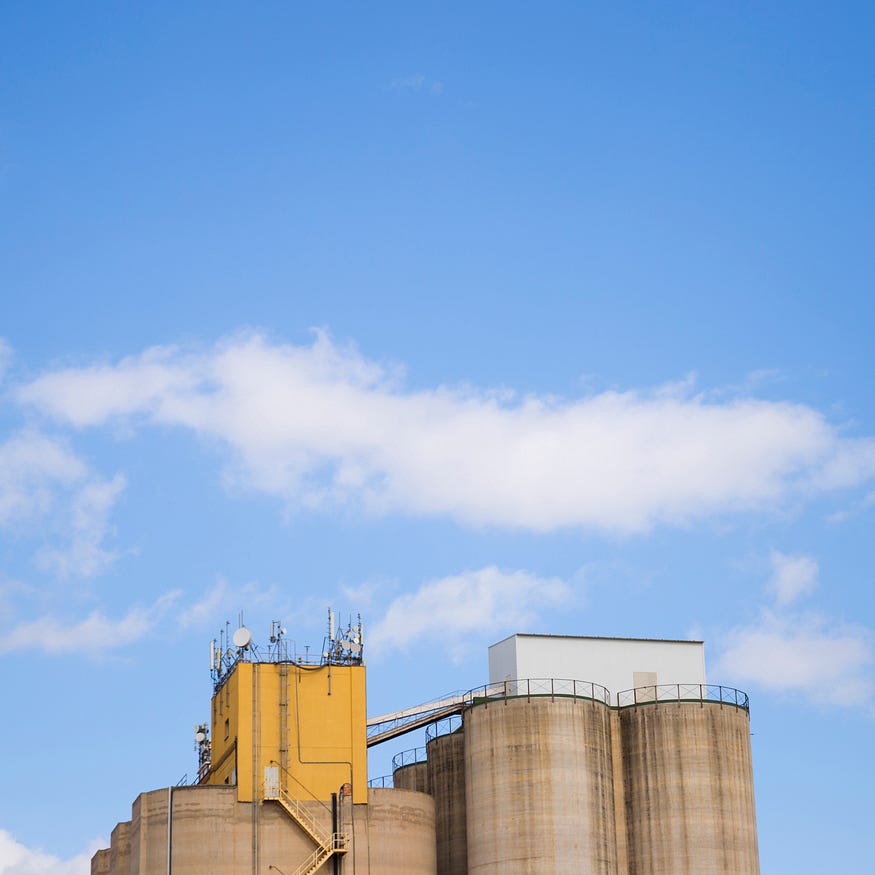Achieving High Biogas Yield at Lower Costs: A Sustainable Future with Biogas in Kerala

Introduction
Biogas in Kerala has become a powerful solution to the state’s growing waste management and energy needs. By converting organic waste into renewable energy, Kerala is tapping into a sustainable resource that not only reduces waste but also provides high biogas yield at lower costs. This article delves into how Kerala can maximize its biogas potential while minimizing expenses, creating a win-win scenario for residents and the environment.
1. What is Biogas and Why It Matters for Kerala
Biogas is a renewable energy source generated through the anaerobic digestion of organic materials, such as agricultural waste, food scraps, and livestock manure. The resulting methane gas can be used for cooking, electricity generation, and other applications. For Kerala, a state rich in organic waste, investing in biogas offers a viable solution to achieve high biogas yield at reduced costs, enhancing both waste management and energy production capabilities.
2. How Biogas Reduces Waste Management Costs in Kerala
Effective waste management is a significant challenge for Kerala, with the state generating large volumes of organic waste daily. By diverting this waste into biogas systems, Kerala can reduce the costs associated with waste disposal, including transportation and landfill use. Embracing biogas in Kerala creates a self-sustaining waste management system that converts organic waste into energy, effectively lowering overall costs and providing an eco-friendly solution for the state.
3. Factors for Achieving High Biogas Yield in Kerala
To maximize biogas yield in Kerala, certain strategies and conditions are essential:
- Optimal Feedstock Usage: Kerala’s agricultural sector, along with its food processing industry, produces abundant organic waste that can be converted into biogas.
- Advanced Digestion Technology: Modern anaerobic digestion techniques improve the conversion of waste into methane, resulting in a higher energy yield.
- Climate Advantage: Kerala’s tropical climate supports anaerobic digestion by maintaining optimal temperatures, which reduces the need for additional heating, thereby cutting costs.
4. Economic and Environmental Benefits of Biogas in Kerala
By investing in biogas, Kerala can achieve significant economic and environmental benefits. High biogas yield at lower costs can be achieved through community-scale plants and government incentives. Additionally, biogas reduces greenhouse gas emissions, aids in sustainable waste disposal, and decreases reliance on fossil fuels, making it a green energy solution for Kerala’s future.
5. Cost-Effective Biogas Implementation Strategies in Kerala
Starting a biogas project doesn’t have to be expensive. Some cost-effective strategies include:
- Community-Level Plants: Shared biogas facilities reduce individual installation costs, making it affordable for small communities.
- Government Subsidies: Kerala’s local government offers financial support for biogas installation, helping reduce initial expenses.
- Educational Programs: Public awareness initiatives on waste separation and biogas benefits can increase organic waste collection and improve yield.
6. Success Stories: High Biogas Yield Projects in Kerala
Kerala has already seen success with several biogas projects across the state, where municipalities, rural cooperatives, and residential communities have realized both financial and environmental benefits. These projects highlight how high biogas yield at lower costs is not only achievable but also beneficial for Kerala’s sustainable development goals.
Conclusion
Biogas in Kerala presents an opportunity to improve waste management, generate renewable energy, and reduce costs. By focusing on high biogas yield at lower expenses, Kerala can lead the way in sustainable energy practices, building a model that supports local communities, protects the environment, and fosters economic growth. Embracing biogas technology positions Kerala for a greener future, demonstrating how resourcefulness and innovation can meet today’s challenges.

Comments
Post a Comment